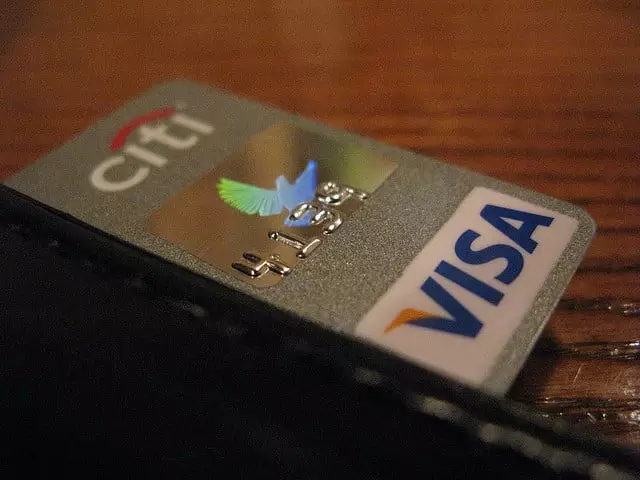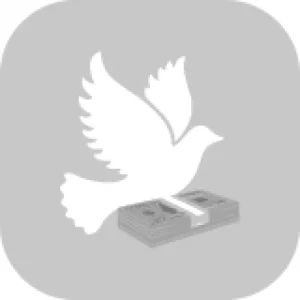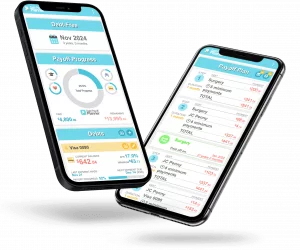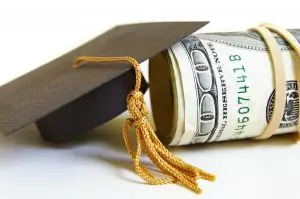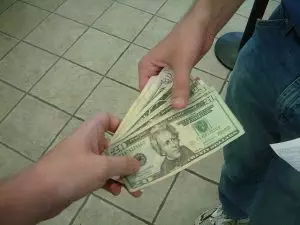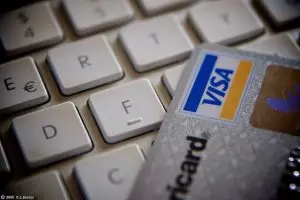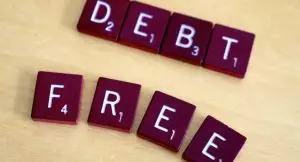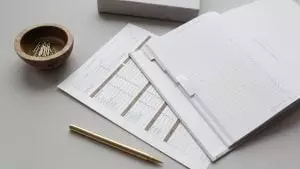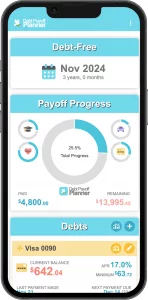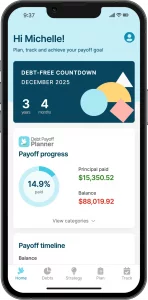Are you saddled with student loan debt? Does your credit card debt keep growing? Getting out of debt, and staying out of debt, can be a very difficult process. Yet, it is one of the most important things you can do to set yourself on a strong financial foundation and begin to build wealth for the future. Because paying off debt can feel emotionally overwhelming, people sometimes make mistakes when they panic and can’t see a clear picture for how to climb out of the hole they are in. Below are a few important mistakes to avoid as you put yourself on the path to a healthier financial future.
Mistake #1: Failing to Make a Budget
The first mistake you can make is failing to make a budget. Preparing a budget is a critical step in assessing your financial situation. Are you so overwhelmed by your debt that you aren’t even sure of the total amount you owe? It’s time to face your fears and begin to get control of the situation. Start by listing each of your debts so that you can develop a plan to pay them off. Then, using this information, create a detailed budget. List all sources of monthly income and all monthly expenses that must be paid. This information will help you determine your strategy for attacking your debt.
Mistake #2: Continuing Your Current Lifestyle
It’s time to face a hard reality. You cannot continue your current lifestyle and become debt-free. Many times, living beyond our means is what gets us into a debt situation to begin with. Based on the budget you prepared, look to see what areas of your lifestyle need to be scaled back. Perhaps you have an affinity for designer clothing or enjoy dining out in restaurants frequently. Perhaps you drive a vehicle your salary cannot support, and have the high car loan that comes with it. When you are ready to get serious about paying off your debt, you must make sacrifices. It’s time to stop the shopping trips and begin cooking more meals at home. It’s time to sell that vehicle you can’t really afford and pay cash for an inexpensive vehicle that will allow you to save some money and really focus on getting out of debt.
Mistake #3: Neglecting Your Savings
When you are intensely focused on getting out of debt, it can be tempting to put all extra money towards the debt pay-off and neglect savings. However, establishing an emergency savings account will help you avoid going further into debt. Before you begin attacking your debt, put $1,000 in a savings account. This will allow you to respond to life’s inevitable emergencies without having to reach for the credit card. Once your debt is fully paid off, put all of that extra money that went toward debt repayment into building a more robust emergency savings of at least 3-6 months of expenses.
Mistake #4: Paying off the Debt With the Highest Interest Rate First
Paying off the debt with the highest interest rate is a common mistake among those paying off debt. At first glance, it seems like a smart idea. Think of all the interest you will save! However, sometimes your largest debt balance is an account with the highest interest rate, commonly the situation with student loan debt. When trying to pay off the larger balances first, it can feel like you aren’t making any progress. This can be discouraging and depressing. To keep your momentum going, begin paying off your smallest debt first. Continue to make the minimum payments on all other debts, but apply all of your surplus to the smallest debt. You will be surprised at how quickly this small debt is paid off. Once that happens, you are now able to put your normal surplus plus the extra amount you were paying toward the smallest debt onto the next smallest debt. This is referred to as a “debt snowball” and is the quickest way to get out of debt. By using the debt snowball method, you will be debt free much quicker and the savings in interest will have been minimal.
Mistake #5: Cashing Out Your 401(k)
When you feel like you are swimming in debt, it can be tempting to cash out your 401(k) plan to speed up the pay-off timeline. This is a short-term fix with negative short-term and long-term consequences. You will experience immediate consequences from this decision, as taxes and penalties will be imposed for cashing out your 401(k) early. More importantly, you will experience the long-term consequence of tapping into your retirement savings. Retirement wealth builds tremendously over time, as your principle balance grows and interest is compounded. Time value of money calculations prove that substantial wealth can be built by saving even just a small amount, provided this amount is saved beginning at an early age. Cashing out your 401(k) reduces not only the principle balance, but years of compound interest growth. This option should be considered only as a last resort to avoid bankruptcy.
Mistake #6: Expecting Quick Results
Most likely, you did not get into debt overnight. Your debt grew over a number of years, whether it was the student loans you took out after high school to pay for college or from a few too many nights on the town over the years that your income just couldn’t support. Likewise, you should not expect to get out of debt overnight. This desire can lead to poor financial decisions that will have long-term consequences, such as the 401(k) example mentioned previously. While techniques such as debt consolidation might help you pay off your debt a little quicker, if the underlying behavior does not change, no progress will ultimately be made. There’s no time like the present to begin changing your behavior and tackling your debt.
Photo courtesy of frankieleon
